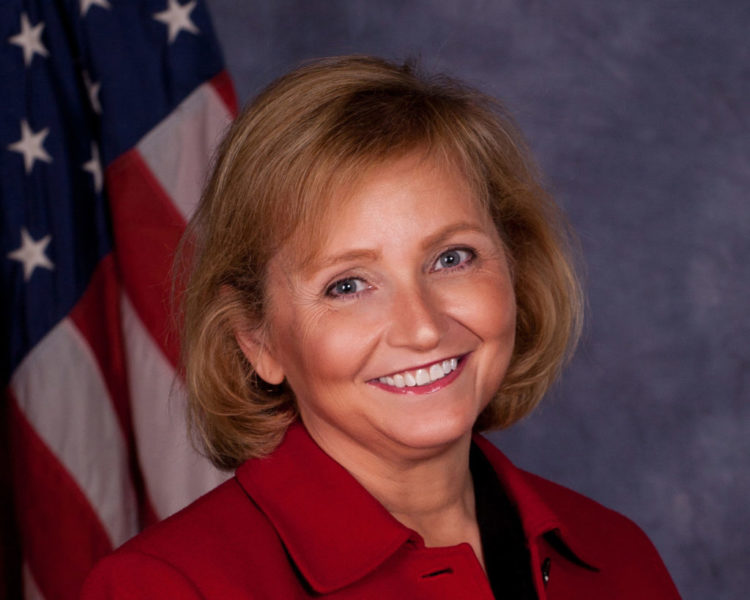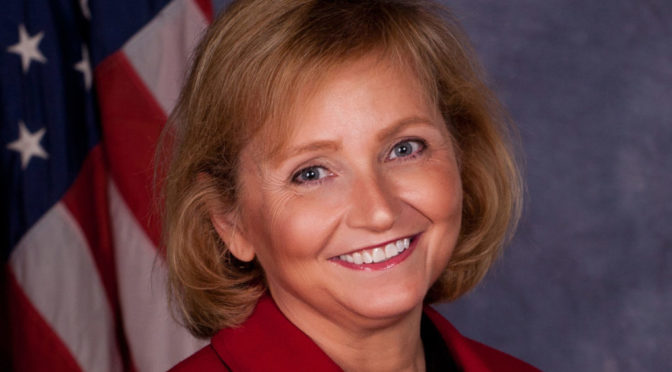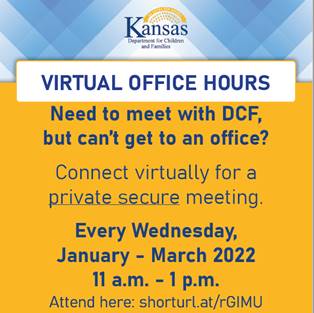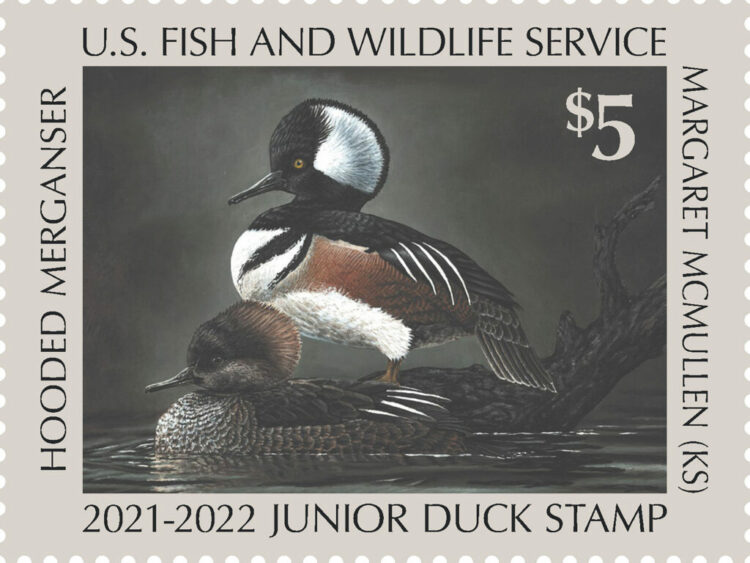Kansas Tourism Invites Everyone to Help Celebrate Kansas’ Birthday
~Kansas Day is Saturday, January 29, 2022~
TOPEKA– Kansas Day is this Saturday, January 29, and Kansas Tourism is inviting everyone to help celebrate our state’s 161st birthday. This annual commemoration of Kansas’ statehood is designed to help us reflect on our state’s history while highlighting the things that make Kansas special. Kansas Tourism is proud to elevate the holiday with new appreciation and pride for our state.
“Kansans are famously humble people—it’s not in our nature to boast,” said Bridgette Jobe, Kansas Director of Tourism. “But this Kansas Day, we are shouting from the rooftops our love for our beautiful, unique, exciting and welcoming state. We invite all Kansans and those who love Kansas to join in our celebration.”
There are several ways to get in on the statewide social tribute. Details can be found in the Kansas Day toolkit at TravelKS.com/KansasDay.
To participate:
First, on January 29, make your own special salute to the Sunflower State on your social media channels. Make sure to use the ‘To the Stars’ format and #ToTheStarsKS as outlined in the toolkit.
Second, Kansas Tourism is premiering a new video tribute for Kansas Day 2022. Make sure you are following Kansas Tourism on social media to watch and share the new video. Surprises are in store for those that engage with and share the video! A lucky few participants may win a ‘To the Stars’ Gear Giveaway. Stay tuned to the Kansas Tourism social channels for more information.
Third, print out a Kansas Day poster to hang in your business window, classroom, office, or community announcement board to share the Kansas Day excitement. The free poster download is available in the toolkit.
Finally, get your official Kansas Tourism ‘To the Stars’ gear at TravelKS.com to show your Kansas pride year-round. A new limited-edition series featuring a custom Kansas inspired design by Hutchinson artist Brady Scott is now available.
Additional information and educational resources can also be found on the Kansas Day toolkit.
Follow Kansas Tourism on social media.
https://www.facebook.com/TravelKS
https://www.instagram.com/kansastourism/
https://twitter.com/travelks
The mission of the Kansas Tourism Division is to inspire travel to and throughout Kansas to maximize the positive impacts that tourism has on our state and local communities. Kansas Tourism is a division of the Kansas Department of Commerce and works hand in hand with other Commerce community programs to elevate and promote Kansas as a tourist destination. Kansas Tourism oversees all tourism marketing and PR for the state, produces travel publications and advertising, manages the states travel website TravelKS.com, manages state Travel Information Centers, manages both the Kansas By-ways program and the Kansas Agritourism program, approves tourist signage applications, produces the KANSAS! Magazine, and provides financial and educational support to the tourism industry in Kansas through grants, education, and support. The ‘To the Stars’ marketing campaign developed by Kansas Tourism honors the states motto of Ad Astra Per Aspera.






